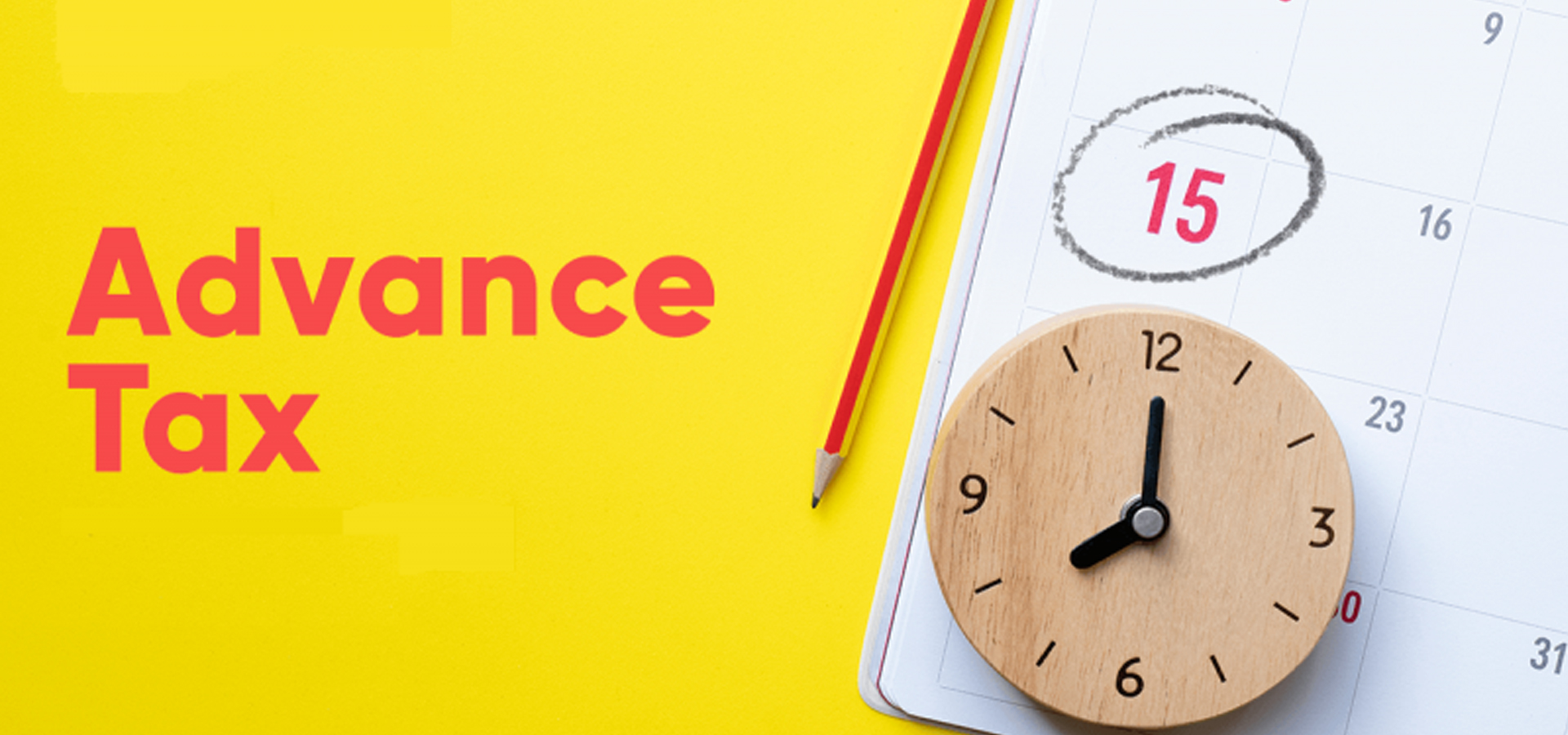
When it comes to taxes in India, most people think about filing their Income Tax Return (ITR) at the end of the financial year. But there’s another important concept you should know about – Advance Tax. Often called the “pay-as-you-earn” tax, it ensures you pay tax as you earn income, instead of waiting until the year ends.
In this blog, we’ll break it down in a simple and interactive way so you know exactly who needs to pay and when.
What is Advance Tax?
Advance Tax is the income tax you pay in installments during the financial year, instead of a lump sum at the end. It applies to income from all sources – salary, business, profession, rent, interest, and even capital gains.
Think of it like paying for your electricity bill – you don’t pay for the entire year at once; you pay it in parts as you consume it.
Who Needs to Pay Advance Tax?
You are liable to pay Advance Tax if:
- Your total tax liability for the year is ₹10,000 or moreafter subtracting TDS (Tax Deducted at Source).
- You earn income from:
- Salary
- Business or Profession
- Capital Gains (sale of property, shares, etc.)
- Lottery winnings or other sources
- Both individuals(including salaried employees, freelancers, and consultants) and businesses are covered.
Exception:
If you are a senior citizen (age 60+) and do not have income from a business or profession, you are exempt from paying Advance Tax.
Due Dates & Installments for Advance Tax
| Due Date | Advance Tax Payable |
| 15th June | 15% of total tax liability |
| 15th September | 45% of total tax liability (cumulative) |
| 15th December | 75% of total tax liability (cumulative) |
| 15th March | 100% of total tax liability |
💡 Example:
If your estimated total tax liability for the year is ₹1,00,000:
- By 15th June → ₹15,000
- By 15th September → ₹45,000 total
- By 15th December → ₹75,000 total
- By 15th March → ₹1,00,000 total
How to Calculate Advance Tax?
- Estimate your total incomefor the financial year from all sources.
- Calculate your tax liabilityusing current income tax slabs.
- Subtract TDSthat will be deducted by employers, banks, etc.
- If the remaining tax is ₹10,000 or more, pay Advance Tax in the given installments.
How to Pay Advance Tax?
You can pay it online through the TIN NSDL website or via your bank’s net banking. Here’s the quick process:
- Visit the official Income Tax e-filing portal.
- Choose Challan 280.
- Fill in your details, select “Advance Tax”, and make the payment.
Why Paying Advance Tax is Important?
- Avoid Interest Penalties:Delay in payment attracts interest under Sections 234B and 234C.
- Better Cash Flow Management:You don’t face a heavy tax burden at the year-end.
- Stay Compliant:Timely payment keeps you on the right side of the law.
Final Thoughts
Advance Tax might sound complicated, but once you understand the who, when, and how, it’s just another part of smart financial planning. Whether you’re a salaried employee with extra income or a business owner, making timely payments will save you from last-minute stress and penalties.








